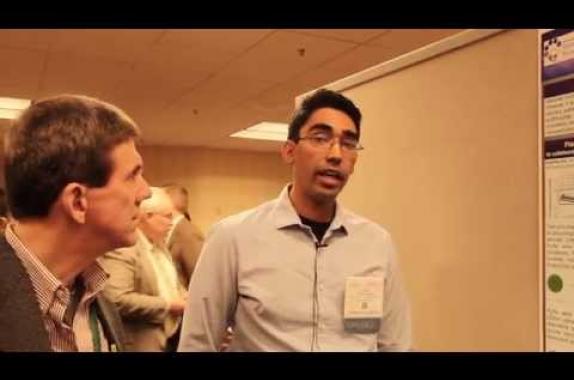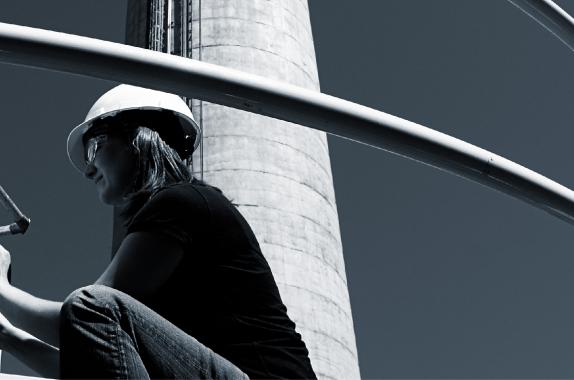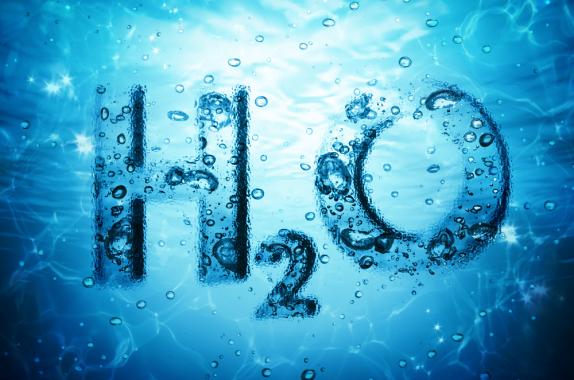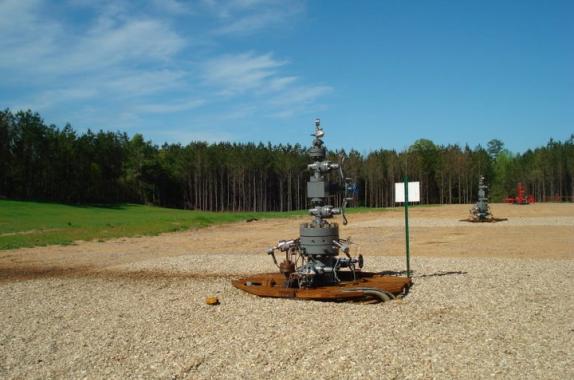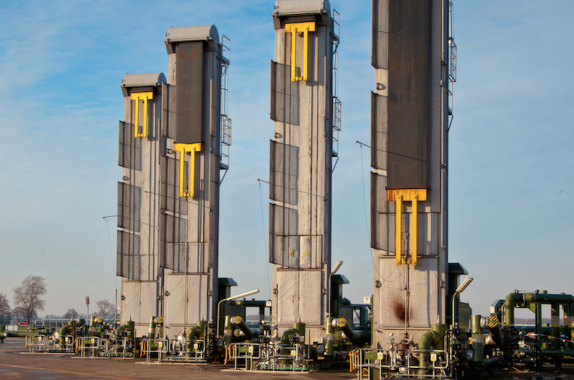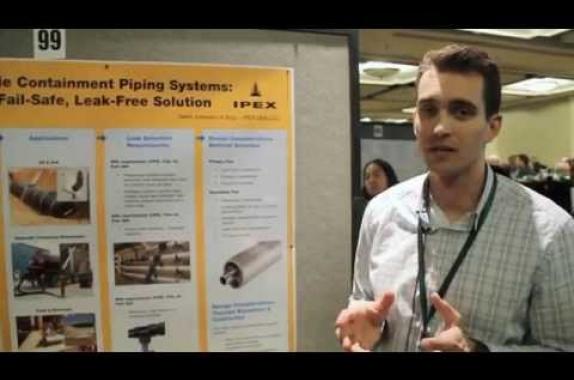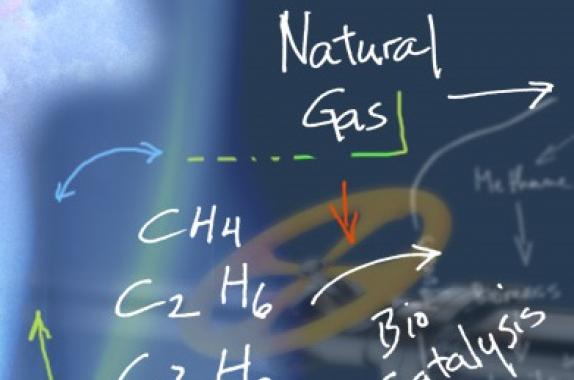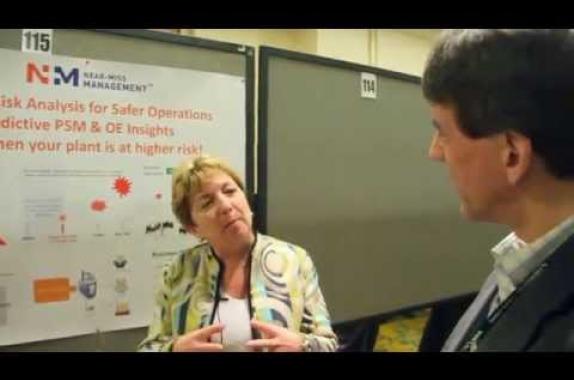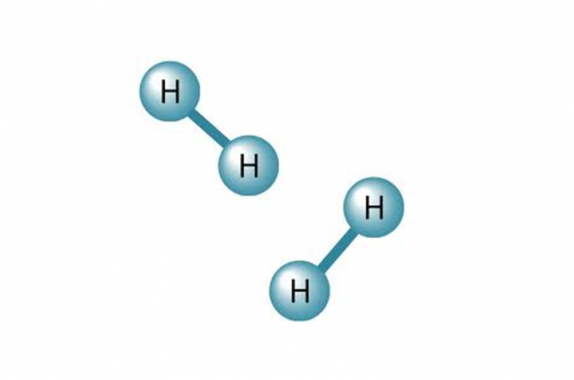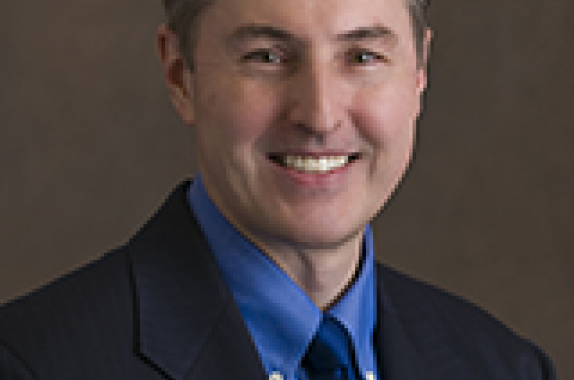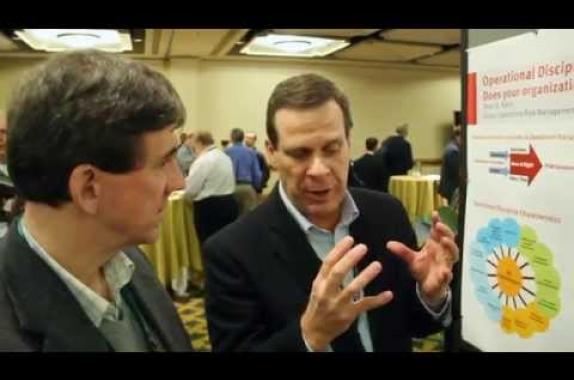Martin Bergstedt
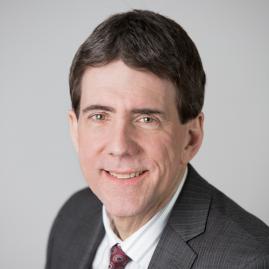
Martin Bergstedt is an experienced executive, with a Chemical Engineering degree from the University of Minnesota. He first joined Economics Laboratory at their pilot plant, performing process development and plant start-ups. From there he held positions of progressively increasing scope and responsibility at ETD Technology and DuPont Electronics, and then spent ten years in General Manager positions with Aptus (Westinghouse) Environmental and USFilter (Veolia). He worked at U.S. Water Services as Director of Engineering and Project Management, overseeing the design, specification and installation of water treatment systems for 60 new ethanol plants in a three year period, and is currently General Manager, Eastern U.S. at Amazon Environmental. His greatest successes are when taking underperforming or inexperienced organizations and forging a cohesive effort to accomplish the project or profit objectives.
ChEnected contributions
Nanoparticle Drug Delivery Inspired by Blood Cells
Aaron C. Anselmo of University of California, Santa Barbara (UCSB), presents his work on nanoparticle drug delivery systems inspired by human blood cells in an AIChE poster session.
Cost Analysis of Post-Combustion CO2 Capture Retrofits
The impending CO2 emissions reduction requirements will drive the need for retrofits on many existing coal-fired power plants. Read on for an analysis of potential costs.
A Novel Forward Osmosis Draw Solution
Although significant research efforts regarding new membranes for forward osmosis are underway, less attention has been paid to researching the draw solutions and solutes that could make this techn
Integrated CO2 Capture, Transport, and Storage (SECARB) Project
In a joint effort between the public and private sector, a demonstration project encompassing the post-combustion capture of CO2 from a coal-fired power plant, and its subsequent pipeline transportation and underground storage is underway in Alabama. Named the SECARB project (for Southeast Region Carbon Sequestration Partnership), the details and results of the project were outlined by Gerald Hill.
Challenges for Water Reuse in Hydraulic Fracturing Wells
Of the many issues confronting the boom in formation fracturing processes at natural gas and shale oil well heads, water use and reuse are among the most important. Todd Langford of GE Power & Water presented an overview of these challenges and current solutions.
Your First Year as a Manager
If you are considering or have been offered a management position, how are things going to change for you? What is that first year going to be like? Dr. Jonathan Worstell outlined some answers to these questions and a framework for the transition of the new manager.
2014 Spring Poster Session: Darin Johnson, Ipex Double-Containment Piping
In the US, more than 3,200 hazardous materials listed by the EPA must be conveyed through double-containment pipes.
Bioconversion of Methane
Developing biological processes that yield bio-fuels that that are devoid of oxygen moieties, and thus don't need to be upgraded, is some of the current work that is going on at Calysta Energy, as reported by their CTO, Dr. Josh Silverman.
Electrochemical Processes for Bio-Oil Deoxygenation
Biomass fast pyrolysis yields oxygen rich (hydrogen deficient) hydrocarbons of inferior fuel quality. They contain upwards of 40 dry-weight % oxygen, whereas petroleum contains around 1%, so these bio-oils must be upgraded to be rightfully considered a replacement for liquid fossil fuels. Jack Ferrell of NREL's National bioenergy Center spoke at the Spring Meeting about their program to develop electrochemical hydrodeoxygenation processes.
2014 Spring Poster Session: Deb Grubbe, Near-Miss Management
During the 2014 Spring Meeting Poster Session in New Orleans, Deb Grubbe of Near-Miss Management took a moment to talk to us about the company's Dynamic Risk Analyzer.
Membrane Catalytic Reactors for Healthy Eating!
Because of the limitations inherent in current liquid hydrogenation technologies, the hydrodeoxygenation of pyrolysis bio-oils is proposed to be accomplished using a catalyzed membrane reactor. During preliminary trials with vegetable oils, an unexpected benefit was discovered in that the system yielded much less trans fats in the end product.
Modular Reactor Systems for Remote Waste-Gas Conversion
The difficulties in capturing and efficiently utilizing flare gas in the Northern Shale Oil fields are primarily ones of scale and lack of infrastructure. The Ceramatec corporation is working on cost effective modular solutions to this challenge of energy conservation and conversion.
The World Needs Engineering Judgment
William Banholzer, retired Dow Chemical CTO, gave an insightful and wide-ranging address on the the state of technology changes for the future, and the chemical engineer’s special capability to make sensible and better decisions for the direction of these changes, especially in the field of energy.
2014 Spring Poster Session: Operational Discipline with DuPont
Brian D. Rains, Global Operational Risk Management Leader at DuPont, discusses Operational Discipline at the 2014 Spring Meeting & 10th Annual GCGP Poster Session.
Is There a "Magic" Biomass Crop?
Dr. Shijie Liu of the State University of New York College of Environmental Science and Forestry presented a thoughtful overview of the biofuels evaluation protocol that was assembled and applied in The Manomet Report for the State of Massachusetts.


